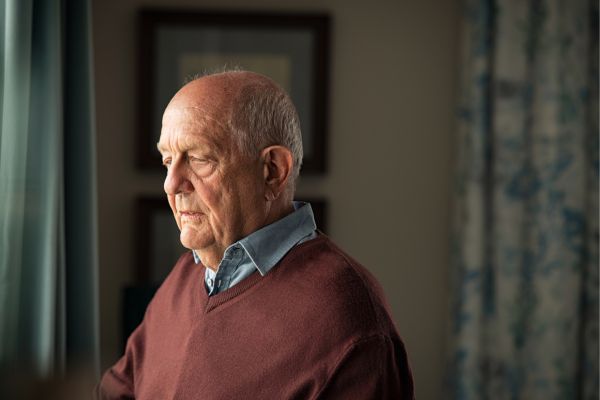 Feeling down or sad occasionally is a normal part of life. However, when these feelings persist and begin to interfere with daily activities and overall well-being, it may be a sign of depression.
Feeling down or sad occasionally is a normal part of life. However, when these feelings persist and begin to interfere with daily activities and overall well-being, it may be a sign of depression.
Depression among seniors is a growing concern but is often overlooked or dismissed as a normal part of aging, which it is not.
- Symptoms: Keep an eye out for persistent changes in sleep patterns, appetite, and energy levels. Other signs include a lack of interest in activities once enjoyed and social withdrawal. Untreated depression can lead to a diminished quality of life and exacerbate existing health conditions.
- Physical Health: Depression isn’t just an emotional issue; it can have significant physical repercussions as well. For seniors, untreated depression can worsen the symptoms of other medical conditions like diabetes and heart disease and can even compromise the immune system.
- Social Isolation: Social activities often decrease as we age due to various circumstances like retirement or the loss of loved ones. This isolation can lead to depression or worsen existing depressive symptoms. Engaging in social activities and staying connected with friends and family can significantly improve mental well-being.
If you or a loved one are experiencing symptoms of depression, it’s crucial to seek professional help as soon as possible. Treatments such as medication and cognitive-behavioral therapy can be highly effective, but the first step is recognizing the issue and taking action.
We specialize in educating and helping you protect what you have for the people you love the most. Contact us to learn more about how we can help.





















0 comments